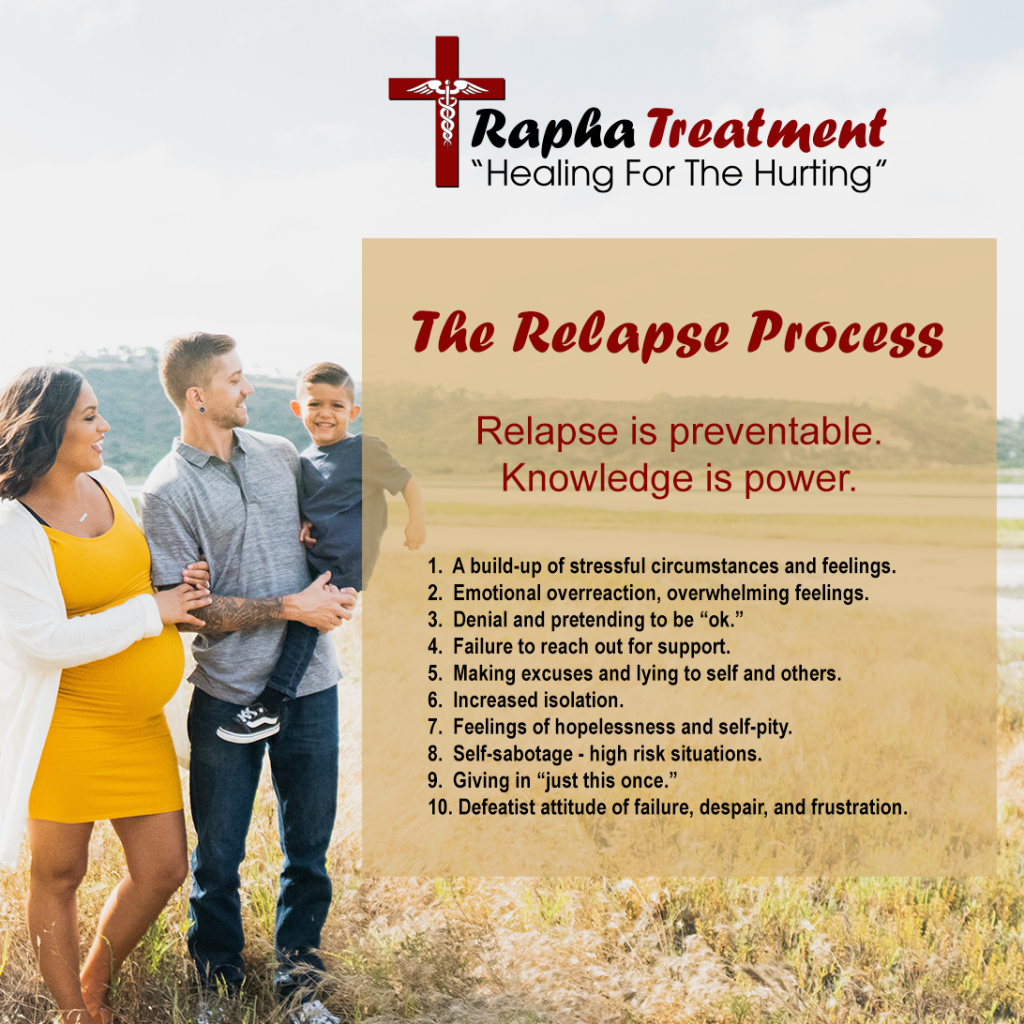
Staying Sober Through the Holiday’s
One of the most common challenges for people in early recovery is the holidays. Each year, the holiday season brings friends and family members together to celebrate each other’s company. However, holidays can bring anxiety with them, where more family time can be emotional and those without close family/friends may feel increased loneliness, isolation, and depression. Many people find substance use as a way of coping, which is particularly dangerous for those in recovery. From November to January, those struggling with addiction try to put their condition aside to participate in the celebrations. Research shows that stress can bring past behavior to the surface, where normal issues of money, family, and general stress are amplified for those with addiction. Isolation from close friends/family and attempts to hide one’s problem can result in stress that intensifies addictive behaviors. If those in recovery have not processed past family issues (with the family or a therapist), the potential for relapse rises. These familiar places/situations can trigger many underlying issues at the root of one’s addiction. The house, family members, familial history, or past abuse can trigger cravings and old patterns where the trigger may be more powerful than re-experiencing the drug itself.
What Does Relapse Mean?
Relapse is more of a process than the singular event of resuming use. It is broken down into three stages:
- Emotional
- Mental
- Physical
Emotional relapse is often the first stage of relapse, and it occurs before someone in recovery even begins to consider using again. The individual usually starts to experience negative emotional responses, such as anger, moodiness, and anxious feelings. They also may begin to experience erratic eating and sleeping habits, and their desire for recovery often wanes due to a lack of using their support systems. These are the initial warning signs that a person in recovery could be entering the process of relapse, and it is important to recognize them as quickly as possible. This stage occurs before a person is even aware that they could be in danger of relapse, and intervening now before they enter mental relapse can prevent the issue from taking hold.
 Mental relapse is the second stage of the process. This is often a time of internal struggle for a person in recovery, as part of them wants to remain on the road to long-term sobriety; however, that part of them is embattled in a tug-of-war of sorts with another side that wants to return to using. There may always a part of a person that wants to use again, which is why addiction is considered to be a chronic condition. As this phase of the relapse process progresses, direct thoughts about using eventually arise, and at this point, it’s very difficult to stop the process. When someone dealing with addiction decides they are going to use, it’s usually just a matter of time until they do it.
Mental relapse is the second stage of the process. This is often a time of internal struggle for a person in recovery, as part of them wants to remain on the road to long-term sobriety; however, that part of them is embattled in a tug-of-war of sorts with another side that wants to return to using. There may always a part of a person that wants to use again, which is why addiction is considered to be a chronic condition. As this phase of the relapse process progresses, direct thoughts about using eventually arise, and at this point, it’s very difficult to stop the process. When someone dealing with addiction decides they are going to use, it’s usually just a matter of time until they do it.
Once mental relapse has occurred, it usually does not take very long to progress to the physical relapse stage. This is the stage that is most commonly thought of when one hears the term relapse. Physical relapse occurs when a person consumes the substance, breaking their sobriety. Using just one time can result in intense cravings to continue to use, and the potential to enter back into consistent substance abuse is prevalent. Getting a person back into treatment as quickly as possible is vital.
If a relapse does occur, it must be confronted and action must be taken. Despite the extent of your holiday challenges, you will not be prepared without adequate self-care, including getting sufficient sleep, eating well-balanced, nutritious meals, engaging in regular exercise, and taking time for relaxation. It is important to take relapse seriously, but avoid overreacting and becoming engulfed in crushing guilt and shame. The steps to take include contacting your sponsor, attending support group meetings, and working with your treatment team (doctor, therapist, etc.) at Rapha Treatment to address the incident and determine the next steps.
Relapse Prevention Plan
As we have seen, it is important to remember that holiday stress and relapse are quite common. Thus, your top priority during the holiday season is to take care of yourself. Oftentimes, we place others at the top of our list, but we must keep our recovery first and foremost during this stressful season. We are ultimately in control of and responsible for ourselves, where making a list of the things most helpful to your recovery can be essential in relapse prevention. For stressful situations, those in recovery should assemble a “recovery kit” to take with them when joining holiday celebrations.
Here are some helpful tips to get you started:
Know Your Triggers
It is important to know your triggers/warning signs of relapse and how to manage them. The most common triggers are found in the acronym HALT – hungry, angry, lonely, and tired. By taking care of yourself mentally and physically, you can defend yourself against these triggers.
Evaluate the Risks
Early in recovery, high-risk situations should be avoided and more time should be spent in low-risk situations. Further on in recovery, rely on your plan for medium or high-risk situations, such as driving yourself so you can leave when you’re ready.
Distract Yourself
Focus on finding healthy tasks to preoccupy your mind from potential urges/cravings, such as helping the host, bringing a friend with you who does not use substances, or even volunteering at your local shelter to practice gratitude. Cravings typically last about 20 minutes and are often physical, so tasking your body with something else can help push them away.
Manage the Stress of Celebrating
Substances are often a way to cope with stress, where it is important to keep in mind that it is simply impossible to attend every event/gathering. When in recovery, you can slow down and be selective in how you live, including the way you celebrate the holidays. Choosing those most events important to you and planning in advance will keep things simple/less stressful.
Focus on Being Good to Yourself
Focusing on ourselves can reduce the stress associated with focusing on others. The way your family celebrates holidays may cause you distress, especially in recovery, but we should not try to force expectations on one another. Accepting your powerlessness over others can prevent further stress/relapse. Instead, take it easy and show yourself compassion. You are not alone in any depression or isolation you feel as many people feel the same way – you’re only human. Remember that you are capable of handling your emotions without using and that whatever you are feeling will pass. Do whatever you need to take it easy – taking a bath, eating your favorite dessert, or engaging in any other positive activity you enjoy.
Rely on Your Support Systems
Plan your support ahead of the holidays, utilizing support groups, sponsors, or friends in recovery. Make sure to limit time in stressful situations and with difficult people. Setting up support meetings ahead of time ensures that you are covered in case of a crisis. For support groups, Rapha Treatment Center and Family Life Center offers a list of organizations.
Have an Escape/Back-Up Plan
If a negative situation arises, such as an argument among relatives, we may feel tempted to use and will need to take preventative action. Try to avoid vulnerable situations whenever possible – if you know your aunt will offer you a drink or criticize your recovery, avoid her. Create backup plans such as other events, parking where there is no chance of being blocked in, arriving/leaving early, and calling people in the moment for support. If you feel uncomfortable or feel the need to use, leaving, and doing whatever is needed to maintain sobriety is most important.
Remember that Prevention is Ongoing
Finally, it is significant to remember that people can be most vulnerable after the holidays. Stress and resentment built up over the holiday season can lead to rationalization – I “deserve” to use. Addiction can be just as powerful the day after a holiday as it is the day before, where relapse prevention is an ongoing process. The stronger our plan is, the better prepared we will be in the face of a crisis.

